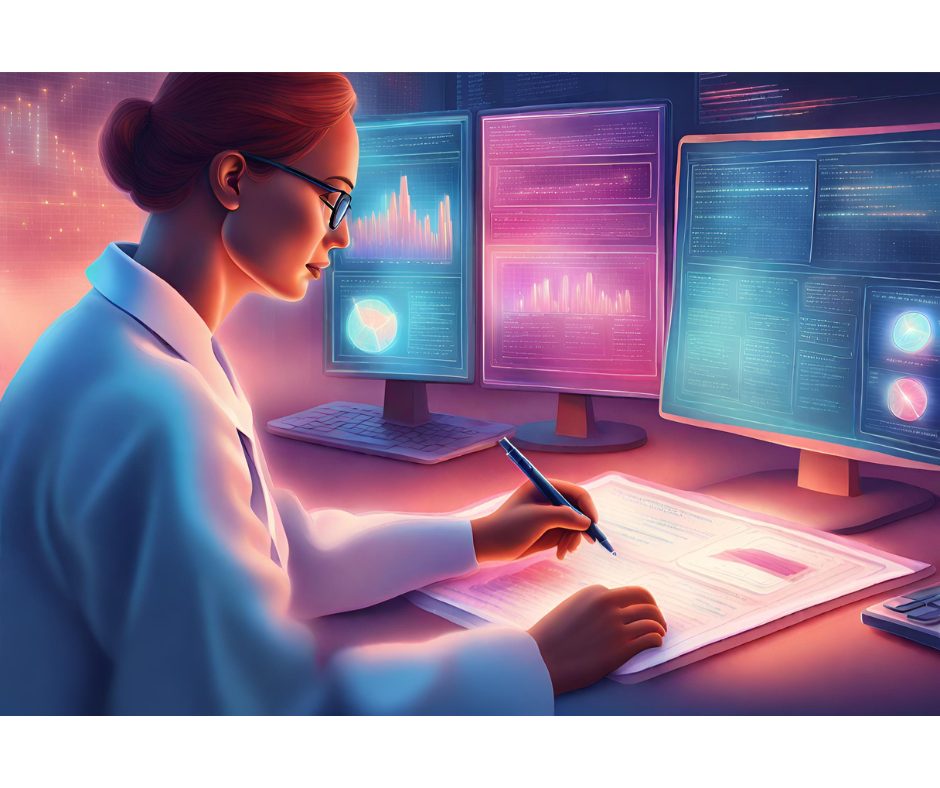Authors Susie Alegre and Amy Liptrot voice their concern about the impact of book summarizing apps on both their income and the value of their writings. They worry that these apps may discourage deep, focused reading, leading to a superficial understanding of literature. The depth of character development, plot intricate, and thematic discourses could be compromised, which could potentially result in the devaluation of their works.
The trend towards turning complex narratives into digestible summaries has sown seeds of worry among authors and distributors. They fear that such summarizing applications could jeopardize the time-honored tradition of comprehensive reading. While efficiency and brevity may appeal to readers under time constraints or those seeking broad knowledge, it raises concerns about the erosion of the immersive experience provided by full-length texts in their original richness.
Amy Liptrot felt the sting when her 2015 memoir was downsized by a book summary app. She sought advice from the Society of Authors as she felt her work was stripped of its essence and diluted.
Authors’ apprehension towards book summarizing apps
The possible actions presented included public complaint or taking a legal stance, pending the severity of the modification. Liptrot has taken up the role of alerting fellow authors to the potential pitfalls of digital summarizing tools.
Diana Gerald of BookTrust Charity is apprehensive about the effects of such platforms on young users. She maintains full-length texts benefit mental health, empathy, creativity, and language skill enhancement more than summarized content. She is particularly concerned about the outreach of these platforms to young audiences.
Susie Alegre likens an overreliance on book-summarizing apps to GPS dependence, which has been proven to diminish navigational skills. Such simplification tools, she argues, stunt our ability to fully comprehend complex narratives or arguments, and advocate intellectual laziness.
Andrew Franklin of Profile Books raises alarm over the potential infringement of these platforms on authors’ revenue and independent bookstores. Additionally, he addresses the possibility of these apps breaking copyright laws, subsequently posing threats to established royalty structures and resulting in financial losses.
Conversely, Toby Mundy, executive director of the Baillie Gifford prize for non-fiction, sees potential in these summarizing platforms as a tool for deeper exploration of literature. He believes that after getting a gist of a book, readers might be enticed to delve deeper into the full-length narrative, possibly boosting book sales and cultivating a more enriched reading culture.









